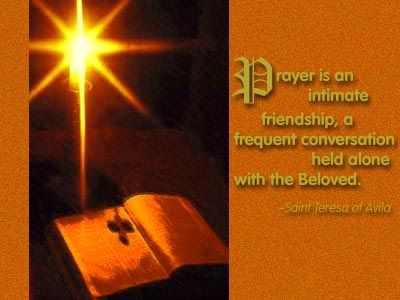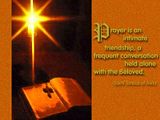June 30 - Matthew 8:1-4

Daily Reading & Meditation
Friday (6/30): "Lord, I am not worthy, but only say the word and my servant will be healed"
Scripture: Matthew 8:1-4
1 When he came down from the mountain, great crowds followed him; 2 and behold, a leper came to him and knelt before him, saying, "Lord, if you will, you can make me clean." 3 And he stretched out his hand and touched him, saying, "I will; be clean." And immediately his leprosy was cleansed. 4 And Jesus said to him, "See that you say nothing to any one; but go, show yourself to the priest, and offer the gift that Moses commanded, for a proof to the people."
Meditation: Jesus did the unthinkable. He touched the untouchable. Lepers were outcasts of society. Their physical condition was terrible as they slowly lost their limbs and withered away. They were not only shunned but regarded as “already dead” even by their relatives. The Jewish law forbade anyone from touching or approaching a leper, lest ritual defilement occur. The leper did something quite remarkable. He approached Jesus confidently and humbly, expecting that Jesus could and would heal him. Normally a leper would be stoned or at least warded off if he tried to come near a rabbi. Jesus not only grants the man his request, but he demonstrates the personal love, compassion, and tenderness of God in his physical touch. The medical knowledge of his day would have regarded such contact as grave risk for incurring infection. Jesus met the man’s misery with compassion and tender kindness. He communicated the love and mercy of God in a sign that spoke more eloquently than words. He touched the man and made him clean -- not only physically but spiritually as well. Some eleven centuries later, another man, named Francis, met a leper on the road as he journeyed towards Assisi. “Though the leper caused him no small disgust and horror, he nonetheless, got off the horse and prepared to kiss the leper. But when the leper put out his hand as though to receive something, he received money along with a kiss” (from the Life of St. Francis by Thomas of Celano). Francis did what seemed humanly impossible because he was filled with the love and compassion of Christ. The Holy Spirit inflames our hearts with the love of Christ that we may reach out to others with compassionate care, especially to those who have been rejected and mistreated. Do you allow the Holy Spirit to fill your heart with the love and compassion of Christ for others?
“May the power of your love, Lord Christ, fiery and sweet as honey, so absorb our hearts as to withdraw them from all that is under heaven. Grant that we may be ready to die for love of your love, as you died for love of our love. (Prayer of Francis of Assisi, 13th century)


